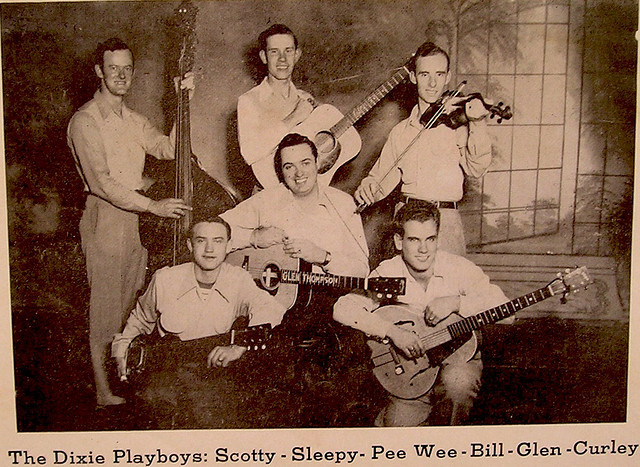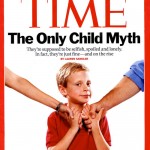In yesterday’s Washington Post, columnist Ron Charles expresses his disdain for the “safe” reading choices of today’s college students: Stephenie Meyer, J. K. Rowling, Barack Obama, and Malcolm Gladwell. Charles writes:
In 1969, when Alice Echols went to college, everybody she knew was reading “Soul on Ice,” Eldridge Cleaver’s new collection of essays. For Echols, who now teaches a course on the ’60s at the University of Southern California, that psychedelic time was filled with “The Autobiography of Malcolm X,” “The Golden Notebook,” the poetry of Sylvia Plath and the erotic diaries of Anaïs Nin.
Forty years later, on today’s college campuses, you’re more likely to hear a werewolf howl than Allen Ginsberg, and Nin’s transgressive sexuality has been replaced by the fervent chastity of Bella Swan, the teenage heroine of Stephenie Meyer’s modern gothic “Twilight” series.
Aside from the fact that Charles gets Twilight wrong (Bella Swan is in fact rather unhappy about her vampire boyfriend Edward’s stricter morals), his snide tone here really disturbs me, as does his seeming blindness to the fact that today’s college students are attending for different reasons (because they have to get a degree in order to get a job) than the college students of the 1960s (enlightenment, liberal arts breadth, and all that). Plus, if today’s college students liked the same things that college students of the 1960s liked, how transgressive would that really be? I’m not really mourning the fact that they read fantasy instead of overrated tripe celebrating psychedelic drugs, narcissism, and suicide.
As a literature professor, though, I do wish that my students could set aside their personal reading preferences sometimes to approach what we’re reading in class with an open mind. For my freshmen, Stephenie Meyer and Chuck Palahniuk are the greatest writers ever; Sophocles, Charlotte Perkins Gilman, and James Baldwin are all “dumb.” I don’t want my freshmen to be more rebellious–I want them to have a more teachable spirit, to be willing to learn from writers they wouldn’t necessarily choose in their spare time. Goodness knows I would never read Hemingway out of personal preference, but do I still learn from him? Absolutely. As a teacher, I see the confusion of personal preference with aesthetic appreciation (“If I don’t like it, then it’s not good”) as one of the biggest weaknesses of this younger generation.











